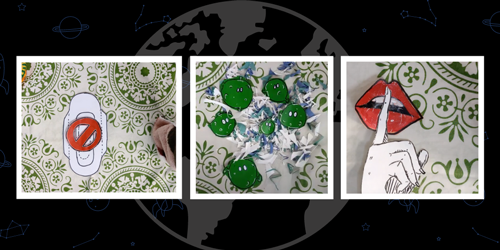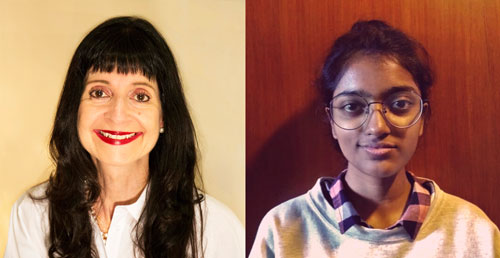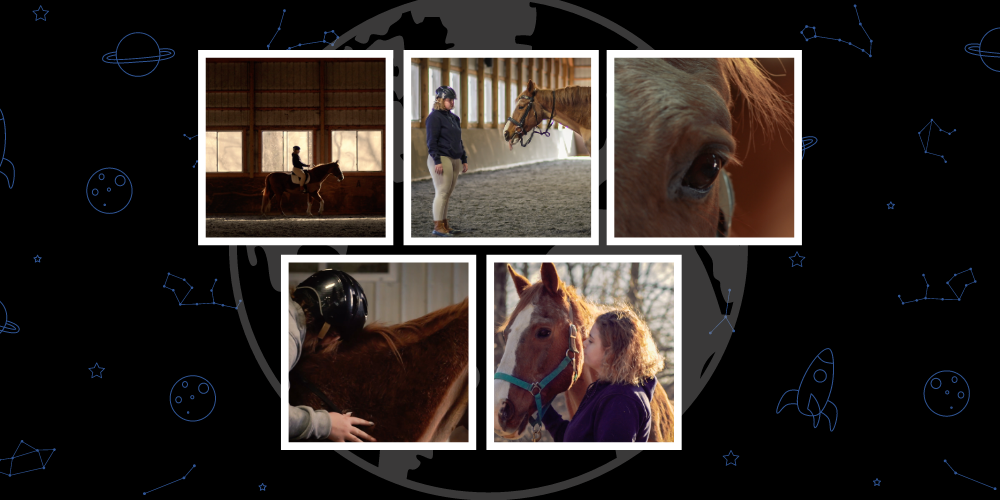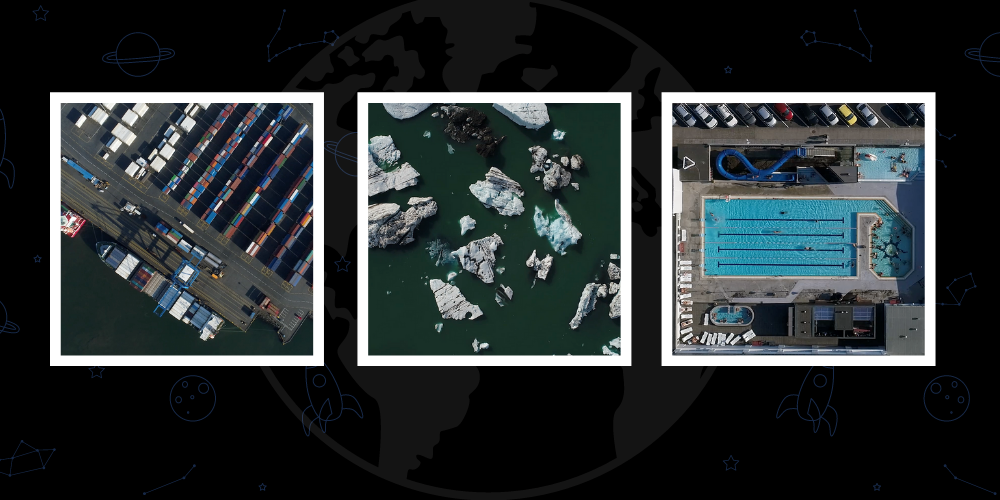Ce mois-ci, le public peut visionner The Full Stop by Saambhavi Subramani on the Planet Classroom Network YouTube Channel. Saambhavi explores the various cost effective and hygienic sanitary products menstruating women can use, while seeking to eradicate any taboo surrounding the topic. Her short animated film comes at a time when the need for more eco-friendly hygiene products in a world choked with plastic waste is greater than ever before.
La recherche globale pour l'éducation is pleased to welcome Saambhavi Subramani from Bangalore in India.
The points you touch on in The Full Stop are truly important for so many women around the world. Why do you believe that it is an often neglected and under discussed topic?
Oui, the discussion of menstruation in The Full Stop est important parce qu'il touche à la santé menstruelle. Ce sujet est négligé parce que les gens considèrent que les menstruations sont sales, et embarrassant d'en parler. Le manque d'éducation joue ici aussi un rôle. Il est important d'éduquer le public sur cette fonction corporelle de base pour promouvoir la santé, conscience, et plus d'innovations. Nous avons encore un long chemin à parcourir cependant, à cause des tabous sociétaux qui entourent le sujet. Même les publicités à la télévision utilisent un liquide bleu pour représenter le sang menstruel.
I really enjoyed the use of props and handmade materials for the film. How did you develop this style, and how does it speak to the message you are trying to spread in the film?
This was one of my first attempts at stop motion/Claymation, and it ended up being a lot more work than I’d expected! I thought that instead of a serious documentary-style video, a brighter animated video might appeal more to the audience, and make the subject of menstruation a little more approachable and interesting.
How has the COVID-19 pandemic increased, changed, or intensified the message of The Full Stop?
Since a lot of people do not have access to resources, especially due to the instability caused by the pandemic, cheaper and sturdier alternatives to single use-products have seen a rise in demand. Shopping outside has also been discouraged, so reusable products like menstrual cups and pads have a larger appeal now.There has also been an increase in information spread about such issues during quarantine since we spent a considerable amount of time on our devices. Many charities have seen a growth in donations during the pandemic, as well as demand for products.
Which organizations or charities can viewers of The Full Stop support to further the goals mentioned in the film? Are there other ways besides spreading the message, doing research, and donating, that can help viewers further the goals outlined in the film?
During my research for this project, I found a lot of organizations that have been doing an amazing job advancing menstrual health, dignity, and helping to create opportunities for everyone, including Binti, Days for Girls, and I Support the Girls. There are so many charities around the world like these that aim to help people in need by distributing resources and creating awareness. Donating is very helpful, and spreading the message is even more so, as it also prompts change and donations. Doing research, I also came across biodegradable pads made of corn and banana waste, which repurposed waste, and helped farmers and the planet. Besides donations and research, it’s imperative that people apply the changes in their own life. As Gandhi once said, be the change you wish to see in the world.
C.M. Rubin and Saambhavi Subramani
Ne manquez pas The Full Stop by Saambhavi Subramani, now showing on the Planet Classroom Network YouTube Channel (Curated by LXL Ideas).







Commentaires récents